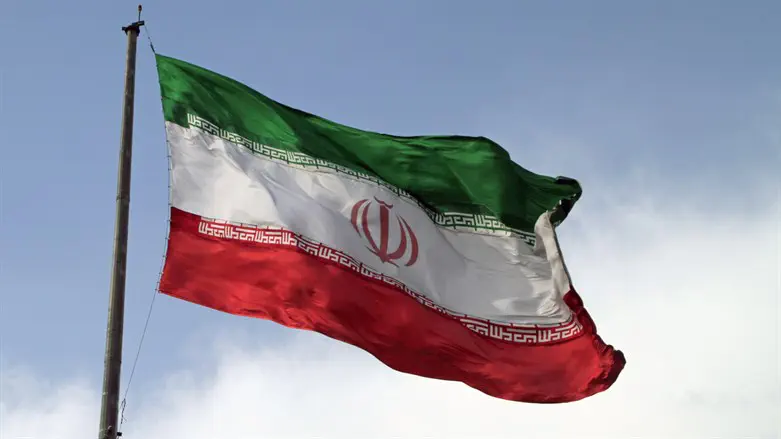
A US intelligence assessment says Iran is not pursuing nuclear weapons at the moment but has ramped up activities that could help it develop them, The Associated Press reported on Monday.
The assessment from the Office of the Director of National Intelligence says Iran has moved to increase its capacity to produce an atomic bomb since 2020 but has stopped short of that so far, according to the report.
The findings corresponded with previous US assessments about Iran’s nuclear program, although many in Congress and elsewhere have been skeptical of those.
“Iran is not currently undertaking the key nuclear weapons-development activities that would be necessary to produce a testable nuclear device,” according to the two-page unclassified synopsis of the report.
However, it also says Iran is pursuing “research and development activities that would bring it closer to producing the fissile material needed for completing a nuclear device following a decision to do so."
In that regard, Iran continues to violate the terms of the 2015 nuclear deal regarding uranium enrichment that it agreed to with world powers, the report said. The Trump administration withdrew from that agreement in 2018.
“Iran continues to increase the size and enrichment level of its uranium stockpile beyond JCPOA limits,” the report said, adding that it also continues to exceed JCPOA restrictions on advanced centrifuge research and development.
While Iran insists it is not interested in nuclear weapons, International Atomic Energy Agency (IAEA) inspectors stated several months ago that Iran enriched uranium to 84 percent purity for the first time, placing it closer than ever to the 90-percent threshold that is required for use in a weapon.
Following that report, CIA Director William Burns said the US believes Iran hasn't yet decided to resume its nuclear weapons program.
“To the best of our knowledge, we don’t believe that the Supreme Leader in Iran has yet made a decision to resume the weaponization program that we judged that they suspended, or stopped, at the end of 2003,” said Burns.
Iran responded to Trump’s withdrawal from the 2015 nuclear deal by scaling back its compliance with the agreement. The Biden administration, however, has sought to return to the deal and held indirect talks with Iran on a return to compliance.
While the talks were stalled in September after the sides failed to reach an agreement on IAEA probes of Iran’s nuclear activities, recent reports indicated that the US and Iran held indirect talks on a new agreement.
A US official then said that the United States and Iran are not discussing an interim nuclear deal, and that Washington had merely conveyed to Tehran what steps might trigger a crisis and also those that may create a better climate between the long-time antagonists.
US Secretary of State Antony Blinken denied that an agreement had been reached between the Biden administration and the Iranian government on Iran's nuclear program.
"There is no agreement in the offing, even as we continue to be willing to explore diplomatic paths," Blinken said.

